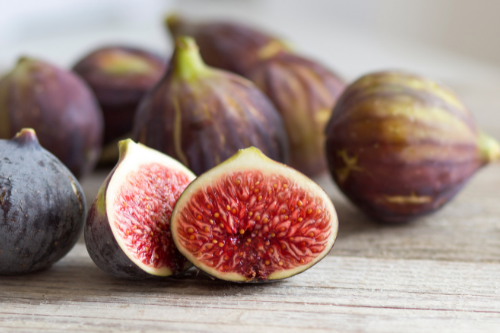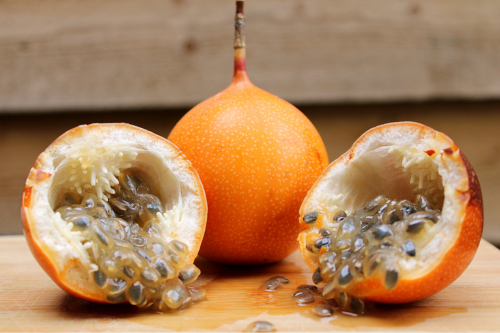Golden Berry

The golden berry, also known by its other names such as physalis, Cape gooseberry, pineapple cherry, is an orange and shiny fruit that resembles a lantern due to its “jacket”. This unique fruit has gained attention not only for its taste but also for its health benefits.
In traditional Chinese medicine, physalis is utilized as a treatment for various illnesses such as malaria, asthma, hepatitis, and rheumatism, to name a few. Studies have shown that physalis contains high levels of vitamins A, B1, B3, C, iron, and phosphorus, which makes it a great addition to one’s diet.
Health benefits golden berry
Beneficial for the heart
Golden berry is a fruit that is rich in vitamin B, specifically vitamin B1 (thiamine), vitamin B2 (riboflavin), and vitamin B3 (niacin). These vitamins are essential for the proper functioning of the body as they help convert food into energy. In addition to this, vitamin B is also directly related to the health of your heart and veins. It helps the body process fats better, which can prevent heart failure or heart problems. Eating physalis can also help improve your immune system as it contains high amounts of vitamin C.
Furthermore, the fruit is also a good source of antioxidants, which can protect your body from free radicals that can cause cell damage and increase your risk of chronic diseases.
Beneficial for the heart
Golden berries are a type of fruit that are packed with a variety of nutrients, including vitamin K. In fact, just one serving of physalis can provide you with a significant amount of this important vitamin. Vitamin K is a critical nutrient for maintaining healthy bones and cartilage, as well as promoting healthy bone renewal. When bones are broken down and reshaped, a process known as remodeling, vitamin K plays a key role in ensuring that the new bone that is formed is strong and healthy.
Additionally, studies have suggested that vitamin K may have other health benefits as well, including promoting heart health and reducing the risk of certain types of cancer.

Helps lower cholesterol
Golden berry contains high amounts of fiber, which plays an important role in maintaining a healthy body. Not only does fiber aid in digestion, but it also helps regulate the body’s cholesterol levels by breaking down fats and preventing their accumulation in the veins. This, in turn, leads to better cardiovascular health, reducing the risk of heart disease and other related illnesses.
Additionally, fiber has been shown to contribute to weight loss, lower blood sugar levels, and improve overall gut health.
Great for digestive health
Golden berry is a highly nutritious fruit that is rich in dietary fiber, a key component that is essential for maintaining a healthy digestive system. In addition to its fiber content, physalis is also a good source of vitamins and minerals such as vitamin C, which supports immune health, and potassium, which plays a role in regulating blood pressure.
The fiber in physalis not only helps move food through the colon, but it also has the ability to absorb water in the stool, making it softer and easier to pass. This can help prevent constipation, a common condition that can cause discomfort and disrupt daily life.
Natural anti-inflammatory
Recent scientific studies have found that golden berry may provide a range of health benefits beyond just its nutritional value. In addition to being rich in vitamins and minerals, golden berry may also have anti-inflammatory properties that can help reduce inflammation in the body.
Furthermore, recent research suggests that physalis may also have cancer-fighting properties, potentially protecting against various types of cancer. Given these promising findings, it is clear that physalis is a fruit worth incorporating into your diet on a regular basis.
Other health benefits
Related blogs
This blog post on health benefits is written from the writer’s personal view and research. We have no medical background. For medical advice, we consult you to contact your doctor (or a specialist or expert). Read our full diclaimer here.







